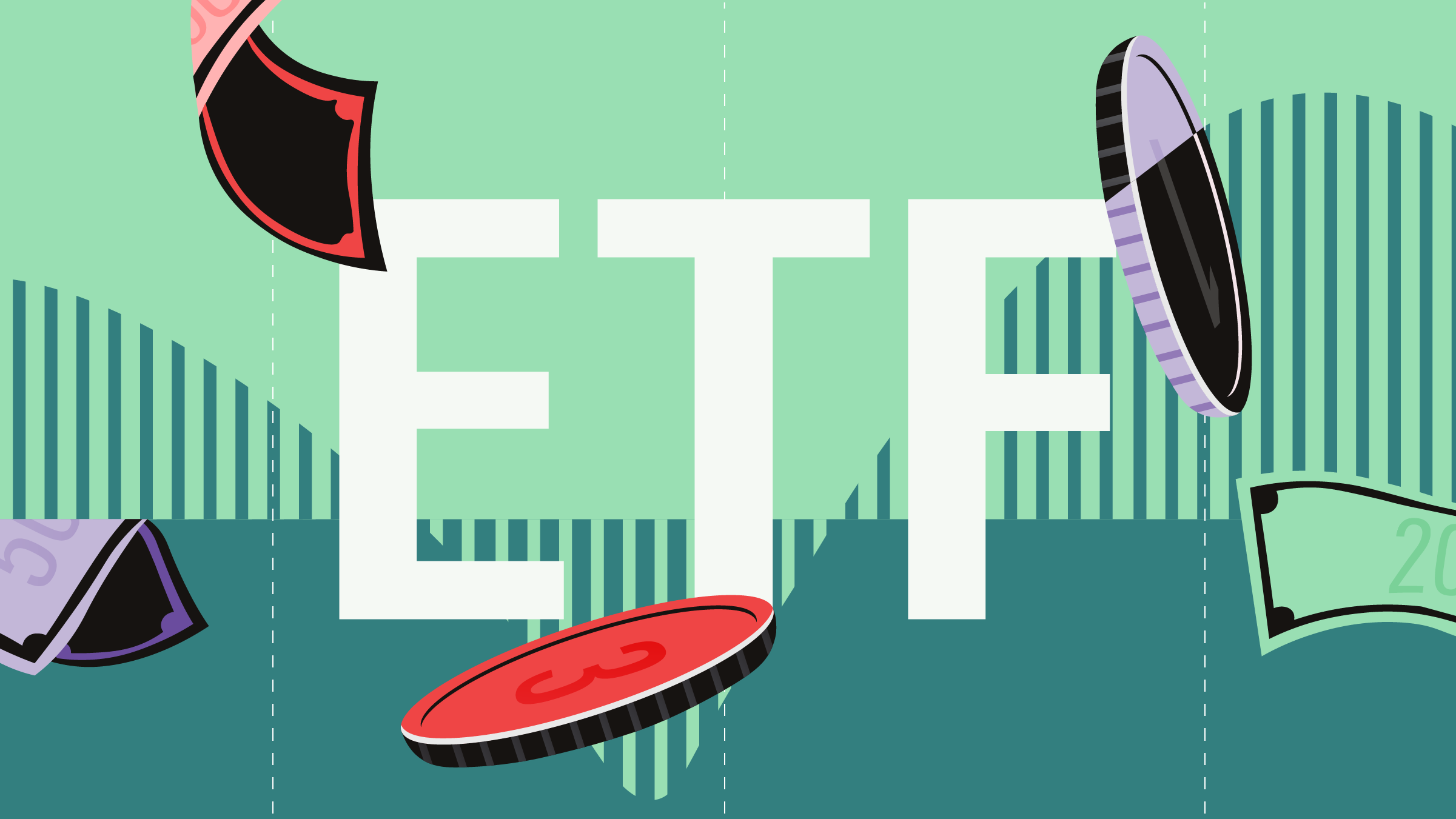Ashley Redmond: I'm Ashley Redmond for Morningstar.ca, and I am here with founder and CEO of Nest Wealth Asset Management, Randy Cass—you may also recognize him from BNN's Market Sense. Randy, thanks so much for joining me.
Randy Cass: It's great to be here.
Redmond: So, Randy today we are going to be talking about robo-advising. So in your own terms how would you explain robo-advising?
Cass: It's this evolution in the marketplace that’s happened over the last few years. It's this great ability to use technology and bring industry best practices down to the individual investor who [previously] hadn’t had access to this. We use technology to customize portfolios to make sure that they are diversified and to make sure that they are risk appropriate. We monitor them because [we] are utilizing technology for so much of the process that it now allows us to offer these services at a much lower price point than it's ever been available for most investors.
Redmond: Would you say that the price point of robo-advising is one of its advantages?
Cass: Yeah, it's absolutely an advantage. Let's not confuse it’s a low cost solution, with it's a better solution. What we are giving investors—probably the most sophisticated portfolio they have ever had access to in scale—we are talking about properly diversified low-cost ETFs. They get a solution that institutions and industry participants would look at as utilizing the best of science, the best of math and the best of best practices. But they are also able to get it at a price point that is dramatically lower.
And people don’t tend to understand the impact that fees have on where they end up with their wealth. If you are, for example a 40-year old and you are going to be paying the average mutual fund fees in Canada until you retire then you could be giving up 40% to 50% of your potential wealth just through fees and loss compounding. We know [this is] making it very hard for Canadians to hit their financial goals. Robo-advisors, for lack of a better phrase, make that possible.
Redmond: Some of the disadvantages of robo-advising, or the critics say some of the disadvantages are zero face-to-face time—which some people like—and [the fact that] there is no a specific advice available on something like tax strategy for example. So, what do you say to that?
Cass: I think the term robo-advising perhaps makes people think of this genre differently than it actually is. We don’t have robots actually building portfolios. Every client at Nest Wealth gets a registered portfolio manager that deals with their account, that’s on the phone to talk to them whenever they have questions. That can even go out and meet them face-to-face if the need arises.
The truth is that you have as much human support and as much human interaction in your portfolio and your plan as you would have with a traditional advisor in most cases. And things like estate planning and tax planning and complicated financial situations granted not the best type of client for something like Nest Wealth. But basic things like, which portfolio do we put which ETF into? The registered account or the non-registered account? That stuff can be handled as well. So it's human based, it’s human backed and everybody gets a human portfolio manager to interact with. It's robo-advisor in name only.
Redmond: So, it's safe to say that you don’t like the term robo-advisor?
Cass: It's kind of good, I disliked it immensely at first, but because it's gotten such publicity and so much of a following right now it has brought an incredible amount of attention to the space. And I think that’s great. I think it's a space that all Canadian investors could do their best to get educated on [regarding] the new choices that exist out there right now. So because of that I'm not as much of a hater of the term as you might have anticipated.
Redmond: Okay. And what are some of the hurdles that you are facing in the industry?
Cass: Truthfully, just keeping up with demand right now. This is a solution that is making a meaningful material difference in the wealth that people can accumulate so the demand for more information, for accounts to be open and the process to onboard people—that’s our biggest hurdle right now. Everything else has been fantastic [like] the reception of the Canadian public. And how the regulators are trying to adjust and embrace these types of changes and get informed about them, all this stuff is fantastic. Just keeping up with the demand is actually the toughest thing we face right now.
Redmond: And what do you think the future of robo-advising looks like?
Cass: I think it's immensely bright. I mean when you think of what this process is going to do—the type of services, the type of customization. Every account at Nest Wealth is customized. We have no buckets, we have no products or portfolios that people have to fall into. And to think that now someone with $100,000 can have a customized diversified fully-monitored portfolio comprised of low cost ETFs constructed and reviewed just for them. This is the type of stuff that used to be only available to people with millions of dollars and now it's available to millions of Canadians. That’s a bright future.
Redmond: That’s great. We'll all be watching. Thanks so much Randy.
Cass: Thank you.

















